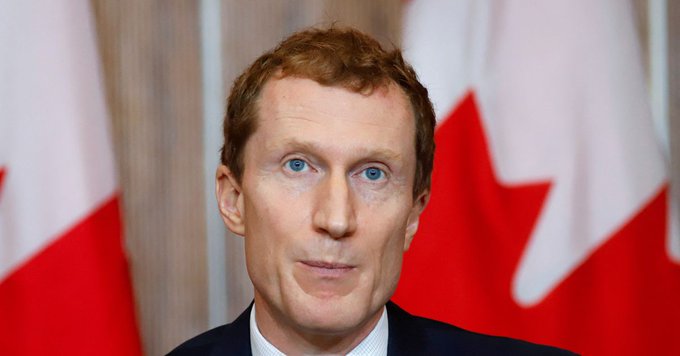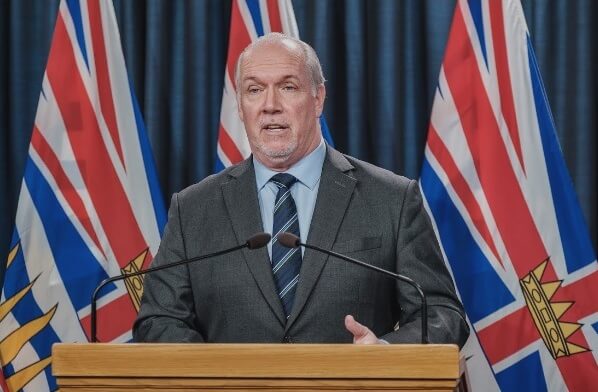
Changes to the Start-up Visa and Self-Employed Persons programs to help reduce backlogs and improve processing times
Changes to the Start-up Visa and Self-Employed Persons programs to help reduce backlogs and improve processing times
The Voice of Canada News:
Immigration is critical to the growth of our economy and our communities. Improving processing times is key to providing an immigration system that works better for newcomers and Canadians alike, which is why we are taking action to reduce wait times and modernize our programs and services.

Marc Miller, Minister of Immigration, Refugees and Citizenship, announced several changes to Canada’s federal business programs to help reduce processing times and the application backlog. These changes take effect on April 30, 2024.
To improve the Start-up Visa Program, we will encourage designated venture capital firms, angel investor groups and business incubators to focus on the most promising proposals by
- capping the number of permanent residence applications we will accept for processing each year to those associated with no more than 10 start-ups per designated organization
- providing priority processing for entrepreneurs whose start-up is supported by Canadian capital or by a business incubator that is a member of Canada’s Tech Network, including applications in the inventory and new applications as they are submitted

In addition, Minister Miller announced a full pause on application intake for the Self-Employed Persons Program to focus on processing applications from the inventory, starting April 30, 2024. The Self-Employed Persons Program provides a pathway to permanent residence for people with notable experience in art, culture, recreation or sports and who will contribute to Canada’s cultural vitality. Due to the high number of applications submitted for this program, processing times have increased to beyond four years. While the pause is in place, IRCC will continue finalizing applications from the backlog while assessing options for reforming the program and ensuring its integrity.
By restricting application intake through the end of 2026, and through planned increases in admissions for the federal business category as tabled in the 2024–2026 multi-year levels plan, IRCC will be able to reduce the backlog and bring down wait times while continuing to welcome the talented, innovative and entrepreneurial newcomers we need to continue to grow Canada’s economy.
Quotes
“Fast processing is critical to the success of entrepreneurs who come to Canada through our federal business programs. These necessary changes will set the Startup Visa Program and Self-Employed Persons Program on the path to faster processing times while we look ahead to further reforms to make these programs more sustainable and effective over the long term.”– The Honourable Marc Miller, Minister of Immigration, Refugees and Citizenship
Quick Facts
- Immigrants account for about one third of business owners with paid staff in Canada.
- Canada ranked number one as the most attractive destination for start-up founders in a 2023 report by the Organization for Economic Co-operation and Development (PDF 2.18 MB). The rankings were based on a wide variety of factors, including access to capital, corporate tax rates, skills of the workforce, strength of its universities and quality of life, as well as immigration policies for entrepreneurs and their families.
- To qualify to apply for the Start-up Visa Program, a foreign entrepreneur must have the committed support of a designated venture capital fund (investment of $200,000), angel investor group (investment of $75,000) or business incubator (acceptance into their incubation program).
- Since the program began in 2013, about 900 entrepreneurs have become permanent residents through this category, representing the launch of more than 300 start-ups.
- All applications in the venture capital and angel investor streams will get priority processing, as will any business incubator–supported applications that report an investment of at least $75,000.



